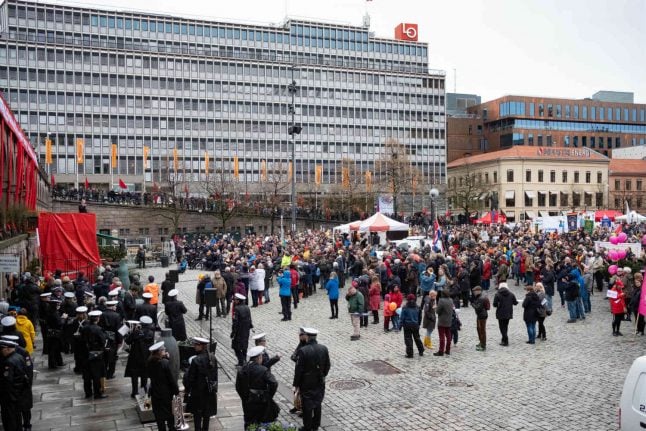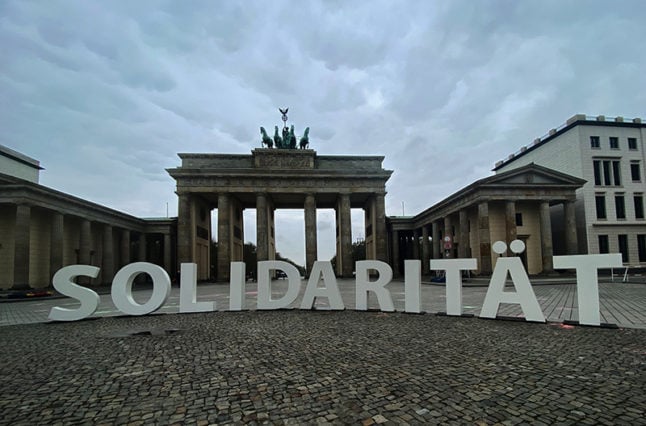Støre made the statement in the town of Trysil in Hedmark County, where he was speaking at an event marking Labour Day.
International Workers’ Day is marked by gatherings, speeches and events in many towns and cities across Norway, a country with a strong tradition for trade unions and social democratic movements.
The Labour leader made his comments in response to the announcement that Sylvi Listhaug, a prominent figure in the anti-immigration Progress Party (FrP) and former justice minister, was giving a Labour Day speech in the town of Drammen near Oslo.
“It’s great that she’s giving a speech. But I don’t agree with her message that FrP is a party for workers. It’s a classic right-wing party,” Støre said according to NRK.
Policies implemented by the government, in which the Progress Party has been a coalition partner since 2013, were testament to that claim, the opposition leader continued.
“They give tax breaks to those who have the most, the number of temporary jobs is up, conditions are getting worse for those [in unions] and there is a lack of desire to tackle issues that are important for families and people that are trying to make their lives work,” he said in the speech.
Listhaug’s own speech on Tuesday afternoon contained a personal attack on Støre, a multi-millionaire whose fortune comes largely from the sale of family business Jøtul in the 1970s.
“He was born with a silver spoon in his mouth. He has never had a normal job and was educated amongst the elite in France. I don’t have a problem with higher education, but who reflects the people? FrP does. We are the party for most of the people. We are the party of working people,” Listhaug said, NRK reports.
Støre studied political science at the prestigious Sciences Po university in Paris from 1981 to 1985.
Tension between the political rivals has been at a head since Listhaug was forced to step down from her role as justice minister in March due to outcry over a boundary-pushing social media criticism of Støre’s Labour party.
Listhaug said in her May 1st speech that she would “do all I can” to prevent Støre from becoming prime minister, “for as long as I’m able to draw breath,” NRK reports.
READ ALSO: Snow forecast in Oslo for May 1st








 Please whitelist us to continue reading.
Please whitelist us to continue reading.